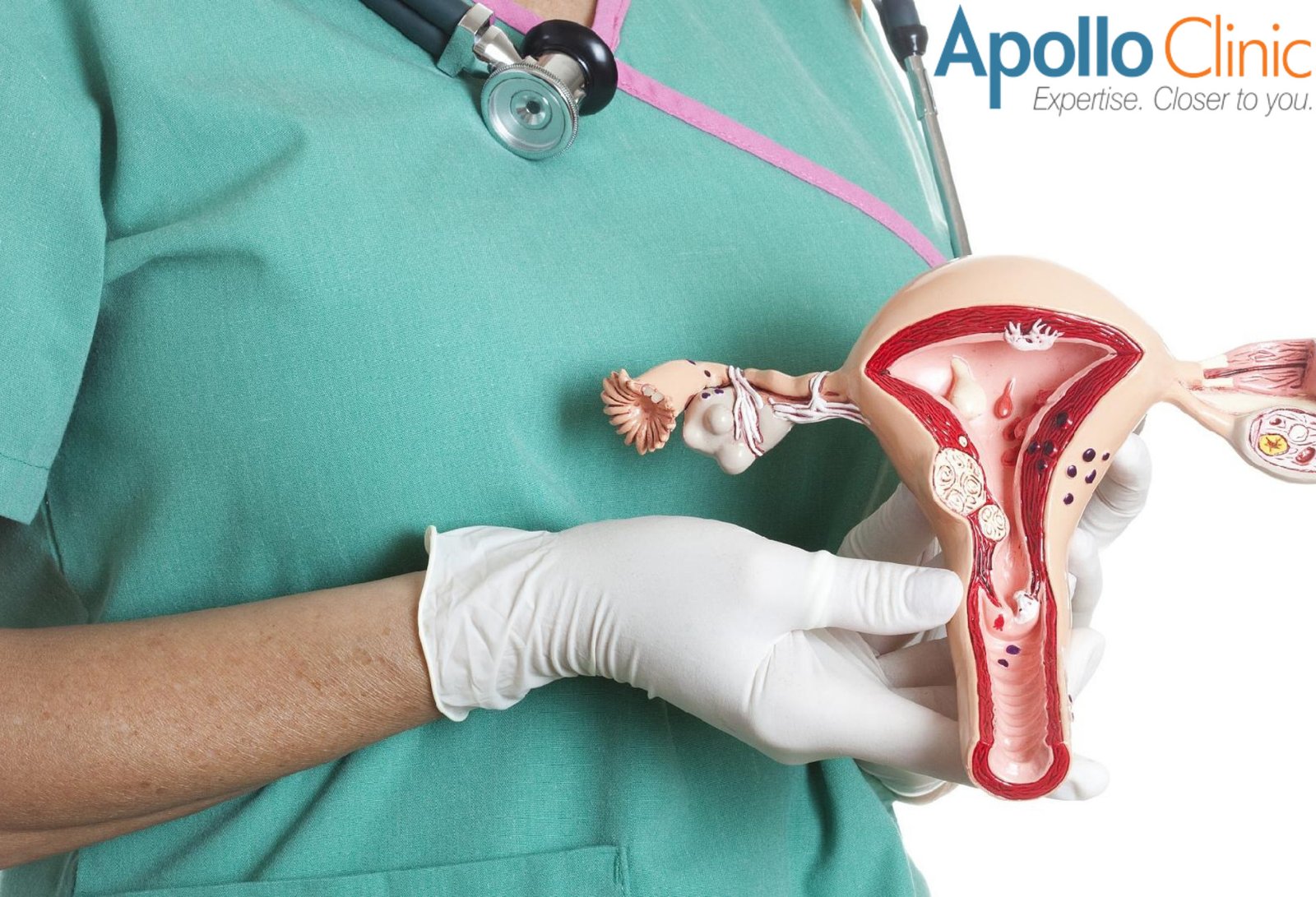Among all the types of cancer, cervical cancer is easily preventable. Yet, women are unaware of the precautionary measures that can drastically reduce the chances of developing it. Since the advent of Pap tests, cervical cancer cases have come down by 50%. A Pap test can help you detect cervical cancer at the early stages.
What Are The Causes Of Cervical Cancer?
Cervical cancer is due to the abnormal growth of cancerous cells in the lowest part of the uterus, the cervix. The cells may begin to grow gradually over the years. The growth of abnormal cells is known as dysplasia. Moreover, another major cause of cervical cancer is the human papillomavirus (HPV), a common virus family. Any woman having sexual intercourse, even with one partner, can be prone to HPV, but it does not show any symptoms of infection.
Almost 70 % of all cervical cancers are due to two types of HPV virus, namely HPV-18, and HPV-16. However, most HPV viruses are not threatening. Also, do not cause cancer. Study shows that only in very few women the HPV virus infection leads to cervical cancer. If the infection persists, it becomes chronic, and over time, the infection develops into abnormal growth of carcinogenic cells. However, with simple preventative measures, the risk of developing cervical cancer can be easily reduced.
Here are the five things you should do:
Regular Checkups
Gynecologists recommend women who are 25 years and above conduct regular cervical cancer checkups for an early diagnosis. The HPV test should be conducted once in five years by women in the age group of 25 to 65. If the clinic does not have the facility to conduct an HPV test, a combined screening of Pap test and HPV test is necessary once in three years. Both these methods are tested effectively and should be performed invariably. Even women who had received HPV vaccine shots must continue to screen for cervical cancer. Elderly patients with weak immune systems because of steroid medications, HIV, or organ transplants must follow the guidelines of their gynaecologist.Get An HPV Vaccine
One of the critical measures to prevent cervical cancer is administering an HPV vaccine. Besides cervical cancer, this vaccine has the potential to fight against vaginal, vulva, oropharyngeal, and penile cancers. Any adult below the age of 45 can benefit from taking this vaccine. It is also safe for adolescent boys, girls, and young adults below 26 years of age. This vaccine prevents the growth of HPV-16 and HPV-18 viruses. Doctors say that the vaccine can reduce the risk dramatically when administered at a young age. Suppose adults below the age of 26 have skipped vaccinations. In that case, they should get the “catch up” shots quickly because there is very little scientific evidence that proves the HPV vaccine in the elderly is effective in cancer prevention.
Exercise Healthy Sexual Life And Utilise Latex Condoms.
During sexual intercourse, it is a must to use protection. However, condoms do not assure you complete protection against HPV virus infection. As HPV can transmit even without penetration, it is advised to follow safe sex. Avoid anal and oral sex to reduce the risk of HPV infections. Most importantly, refrain from using sex toys as they can quickly spread HPV viruses.
Stick To One Sexual Partner Or Limit Your Partners
If you want to drastically reduce the risk of developing an HPV infection, limit your sexual partners. Avoid having intercourse with someone you don’t know more about or having many sexual partners. As HPV infections do not show noticeable symptoms, many people are unaware of their infection and end up transmitting the virus to others.Quit Smoking
Smoking is a high-risk factor for developing cervical cancer. If you are a persistent smoker, contact a doctor or psychologist to stop it. You can also join any medical programs to get help for your cigarette addiction. Quitting smoking increases not only your lung health but also lowers the risk of several other cancers.Are you worrying about developing cervical cancer?
Talk to the best gynecologist in Guwahati to discuss your problems. Contact Apollo Clinic Guwahati for consultations.
Want to get a screening for cervical cancer? Apollo Clinic Guwahati is the best diagnostic centre in Guwahati to test! Contact us now to schedule an appointment.








